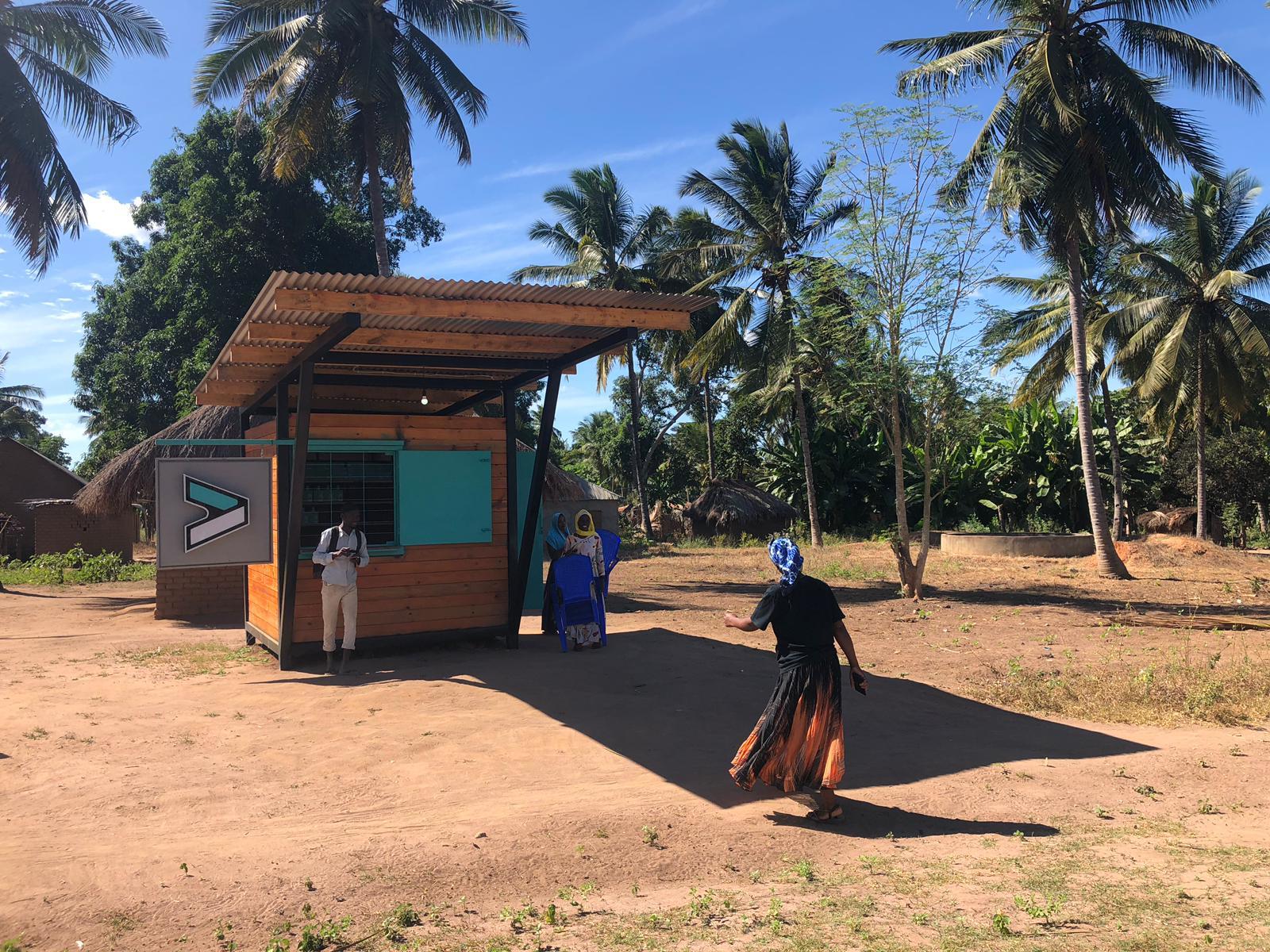Since 2020, Shell Foundation in partnership with USAID and UK FCDO has supported Jaza Energy to develop affordable energy products for low-income households in Tanzania, where – like many other African countries – around 50% of the population currently live on less than $2/day.
Jaza has built solar battery retail locations providing meaningful employment to women in the local community who run the ‘energy hubs’ and providing viable, affordable and reliable energy solutions to low-income rural households. Jaza rents batteries across 63 Hub locations and handles more than 70,000 battery swaps each month with customers renting solar batteries to power lights and appliances.
 New customer research – funded by SF and USAID – shares key insights into how Jaza is addressing the energy gap for poor households. The research was developed in partnership with insights firm 60 Decibels. A total of 4,407 in-house interviews were conducted by Jaza staff including quantitative data collection from 860,000 battery swap transactions and a further 256 users were interviewed by 60 Decibels.
New customer research – funded by SF and USAID – shares key insights into how Jaza is addressing the energy gap for poor households. The research was developed in partnership with insights firm 60 Decibels. A total of 4,407 in-house interviews were conducted by Jaza staff including quantitative data collection from 860,000 battery swap transactions and a further 256 users were interviewed by 60 Decibels.
The findings have been disseminated into seven digestible takeaways:
Findings from this research have helped Jaza’s product development and understanding of their customer base and are relevant for any enterprise serving low-income rural households in sub-Saharan Africa.
- 80% of customers underutilise their battery capacity: Jaza is now better able to meet the needs of its customers by introducing a service around smaller sizer batteries.
- Understand your customers’ ‘unspoken’ comfort levels on product prices: Jaza’s understanding of customers’ household budgets have enabled the company to adapt services and upfront fees to meet the affordability requirements of their customer base.
- Don’t assume energy usage is linked to the level of customer engagement: No correlation was found between the amount of energy used per household and how often a customer used the battery. If the customers’ daily energy needs are met, they would likely use the product daily.
- Retaining customers means giving them more than functionality: Giving customers unlimited swaps during a specific time period and offering more features from their battery swap services had a positive impact on retaining customers.
- Create a simplified sales portfolio that is based on optimal combination energy use and revenues: A more simplified service offering has enabled customers to take advantage of their optimal, individual combination of energy use. Jaza introduced four simplified service options to encourage customers to reach the threshold of using 30-60 Wh /day.
- Changing sales tactics is needed to boost sales and cut costs: Jaza found the home visits to be ineffective and costly, with low customer retention. Instead, hub-based sales, reliant on ‘Jaza Stars’, enabled a reduction in joining fees and increased interaction with customers to understand their needs.
- Empowering women in the work force increases sales for the company: Jaza noticed a positive impact to sales with the employment and training of women ‘Jaza Stars’. Hub based sales agents where 100% of Jaza’s hub operators are women, resulted in higher sales volumes. This not only empowers women in the workforce but contributes to increasing women’s role in promoting and powering progress to accessible and affordable modern energy and technology services in rural Africa.

